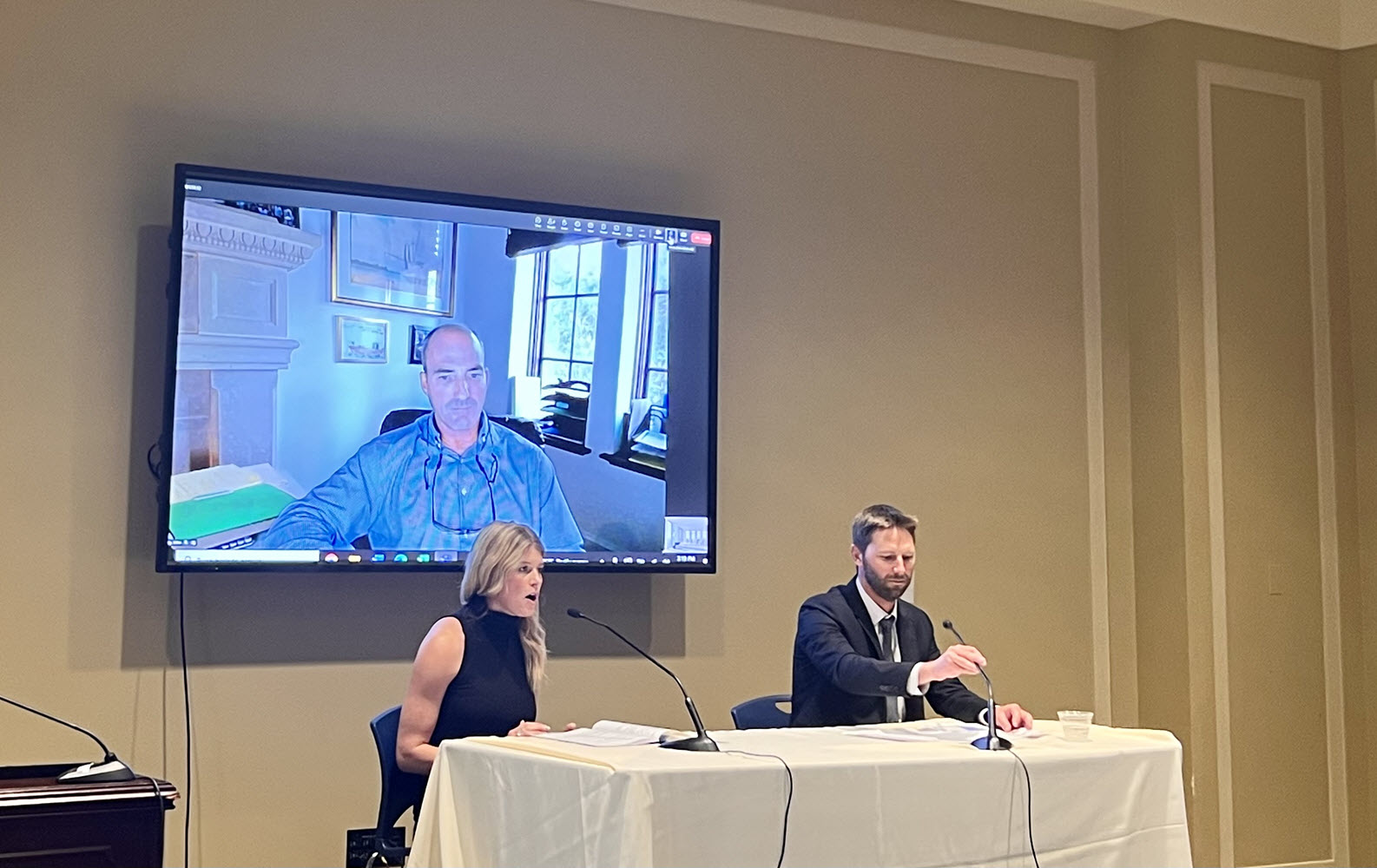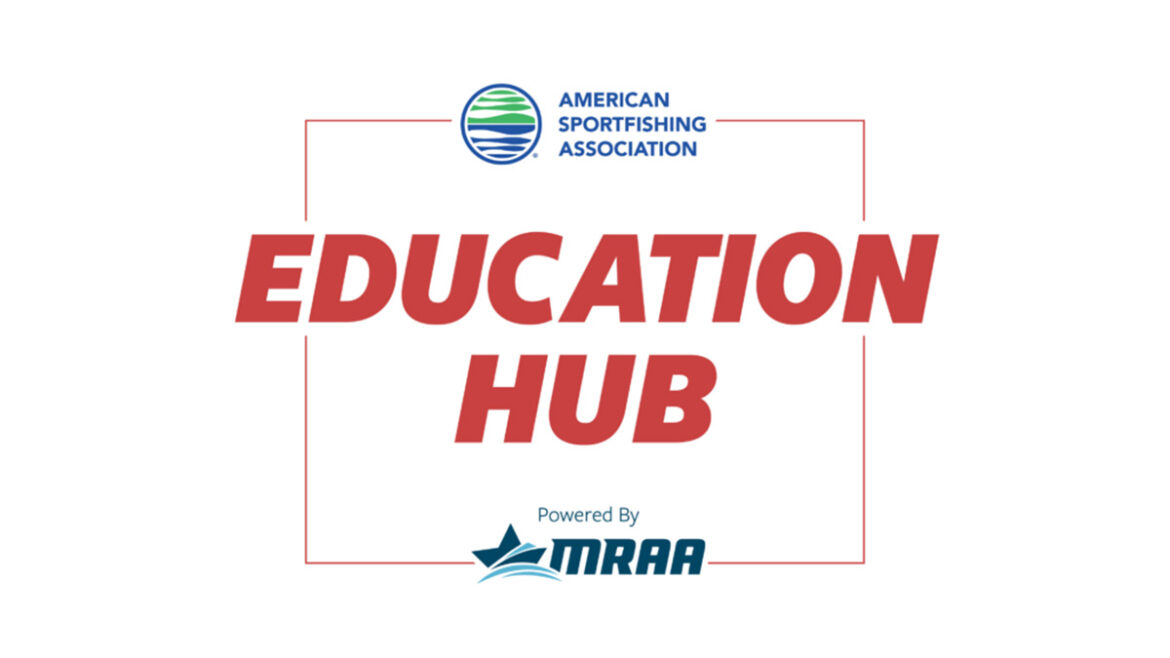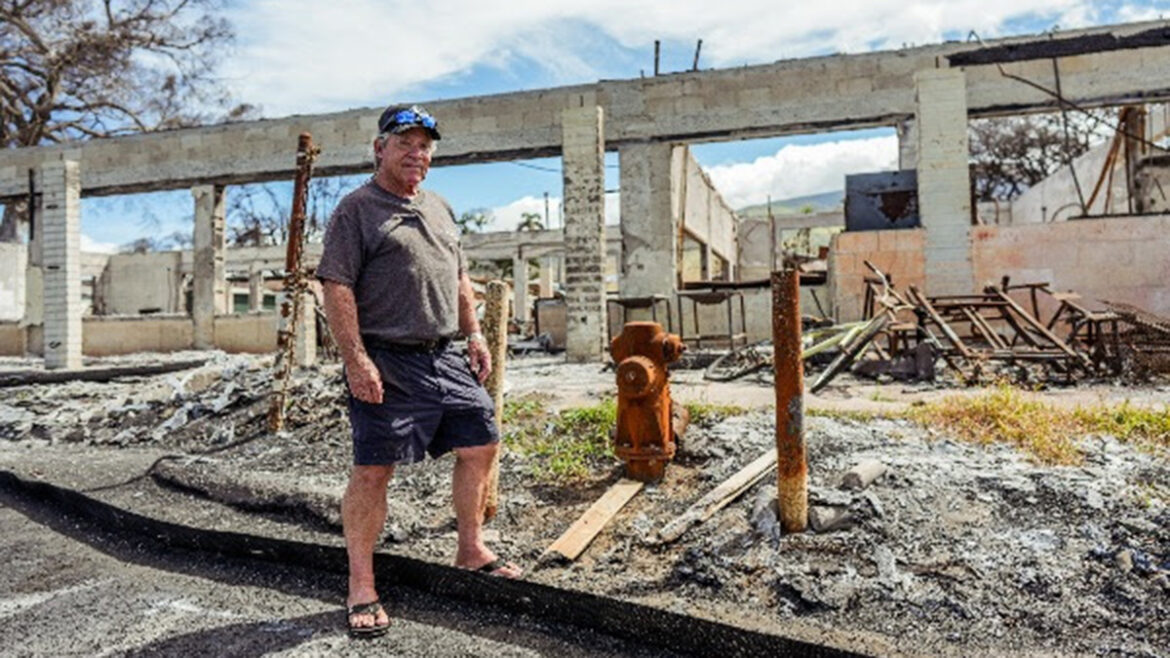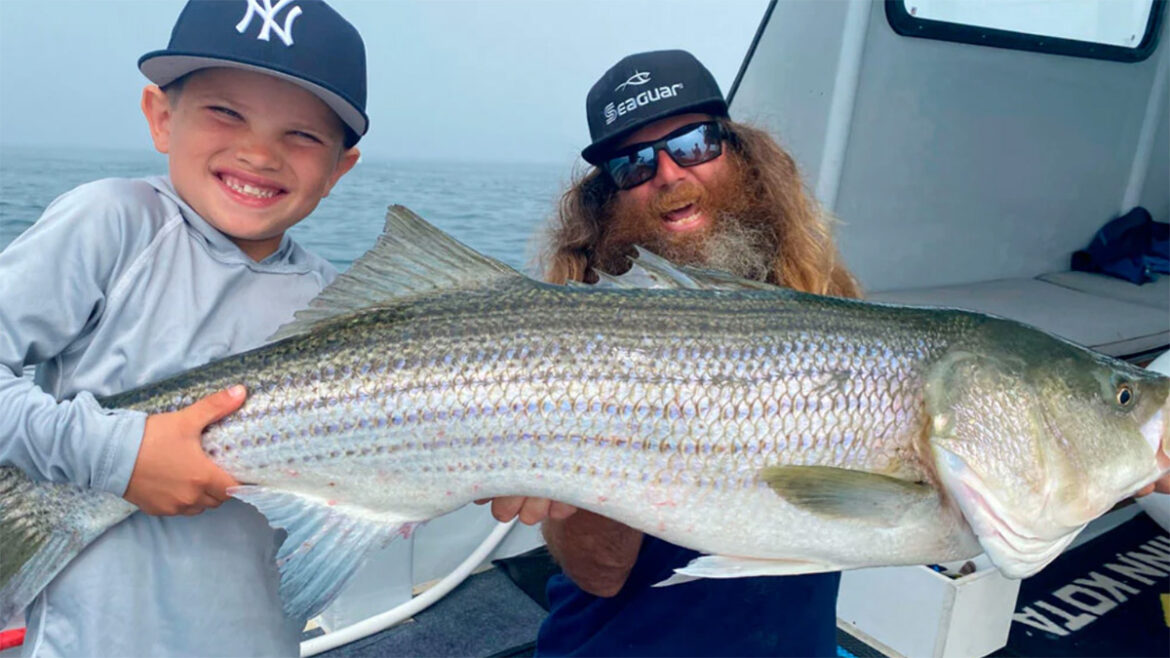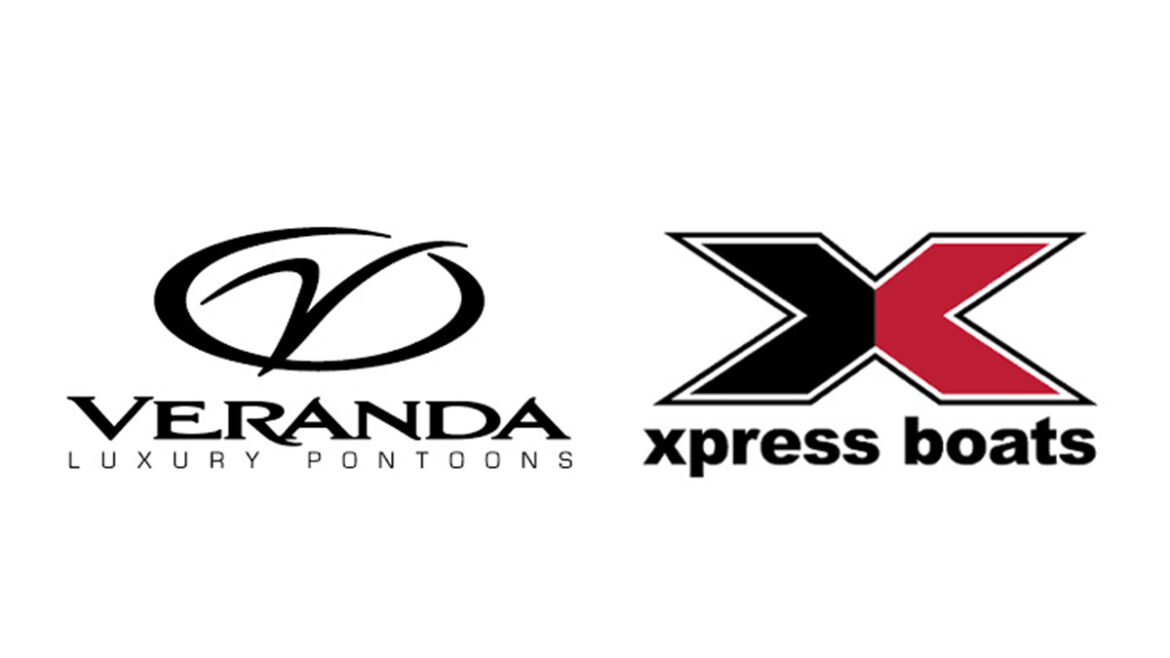Last week, members of the bipartisan Congressional Boating Caucus heard from recreational boating and fishing industry stakeholders about how a proposed rule expansion could severely restrict boating access along the Atlantic Seaboard. Under the Department of Commerce, the National Oceanic and Atmospheric Administration has proposed expanding its North Atlantic Right Whale Vessel Strike Reduction Rule. The proposed changes do not improve protections for the North Atlantic right whale, put boater safety at risk, raise privacy concerns, severely limit boater access to the Atlantic Ocean, and will significantly harm coastal economies and livelihoods.
“We applaud members of Congress coming together in a bipartisan fashion to hear the concerns of the boating and fishing community,” said Frank Hugelmeyer, National Marine Manufacturers Association president. “NOAA’s harmful proposal would create one of the largest restrictions of Americans’ access to public waterways, put families at risk on the water, and have a devastating impact on economies up and down the Atlantic coast. We will continue to engage NOAA and work with lawmakers on both sides of the aisle to find ways to protect the right whale that do not come at the expense of small businesses and American livelihoods.”
The proposed rule, if implemented, would have significant detrimental effects on recreational boating, tourism, and the economy. Under the proposed expansion, all boats more than 35 feet cannot travel faster than 10 knots, or about 11 miles per hour, within a vast area extending from Massachusetts to Central Florida. These speed zones would extend as far as 90 miles offshore, and last for up to seven months, deterring citizens and businesses from venturing out to sea. This rule comes at a time of record inflation and when the U.S. marine industry is facing headwinds due to supply chain issues, rising prices, and international competition.
“I am proud to stand with Georgia’s harbor pilots and coastal business owners against NOAA’s unworkable and dangerous speed restriction,” said Rep. Buddy Carter (R-Georgia). If enacted, this rule will destroy local economies and endanger harbor pilots without providing a data-backed solution to protect the right whale. There are promising new technologies already in development that will allow for real-time tracking of right whales, and we should not fund any sweeping rules until that technology is put to use.”
This unprecedented rule expansion is not supported by research or NOAA’s published facts and does not reflect input from the boating and fishing industries. In the proposed rule, NOAA casts no distinction between a 35-foot boat that drafts only 3 feet versus a massive oceangoing vessel that drafts 45 feet. Studies show most fatal whale strikes come from boats largr than 260 feet. Since 2008, there has been one documented U.S. instance of a recreational boat under 65 feet — outside of the already existing speed zones — striking a North Atlantic right whale and causing death. There are more than 60,000 boats between 35-65 feet on the Atlantic Ocean that took more than 5 million trips over the last 15 years, meaning that the chance of a small boat striking a North Atlantic right whale is exceptionally low.
“Like most of my colleagues, I am concerned about the long-term health of our marine mammal populations, including the North Atlantic right whale. This rule, however, sets a dangerous precedent that we can restrict access to public waters without accurate data and research,” said Rep. Mary Peltola (D-Alaska). “This rule, as written, has too many potential unintended consequences for small boat operators who need flexibility to maintain their safety at sea. Alaskans know that the ocean is unpredictable; limiting a vessel’s speed can have catastrophic consequences for human life and new regulations should not create additional hazards for our nation’s mariners.”
Recreational boating is not only a cherished American pastime, but also a major contributor to the economy. Recreational boating generates $230 billion in economic activity annually, supporting thousands of businesses and more than 800,000 jobs across the country. By limiting boaters’ access to the Atlantic Ocean, the proposed rule directly threatens the livelihoods of countless individuals and businesses in coastal communities.
“NOAA’s proposal must be rejected. I am the first to say that we need to protect our oceans and marine wildlife, but we need a solution backed in science that will produce true results, and save the endangered North Atlantic right whale,” said Capt. Mike Kennedy, director of recreation at Sea Island Co. “If this proposal is implemented, I will immediately feel the impact to my business. The 10-knot speed restriction is a closure. Running 10 knots in our offshore waters is not safe in any sea condition and would cause any small offshore boat 35 feet or longer to be moored for up to five months of the year.”
The conversation during the congressional briefing centered around the importance of finding a viable path forward in which NOAA utilizes the best available technology and industry and stakeholder engagement to inform its rulemaking. Protecting endangered species is a top priority for the marine industry, and the briefing focused on finding ways to do so without destroying the economic drivers of U.S. coastal communities.



